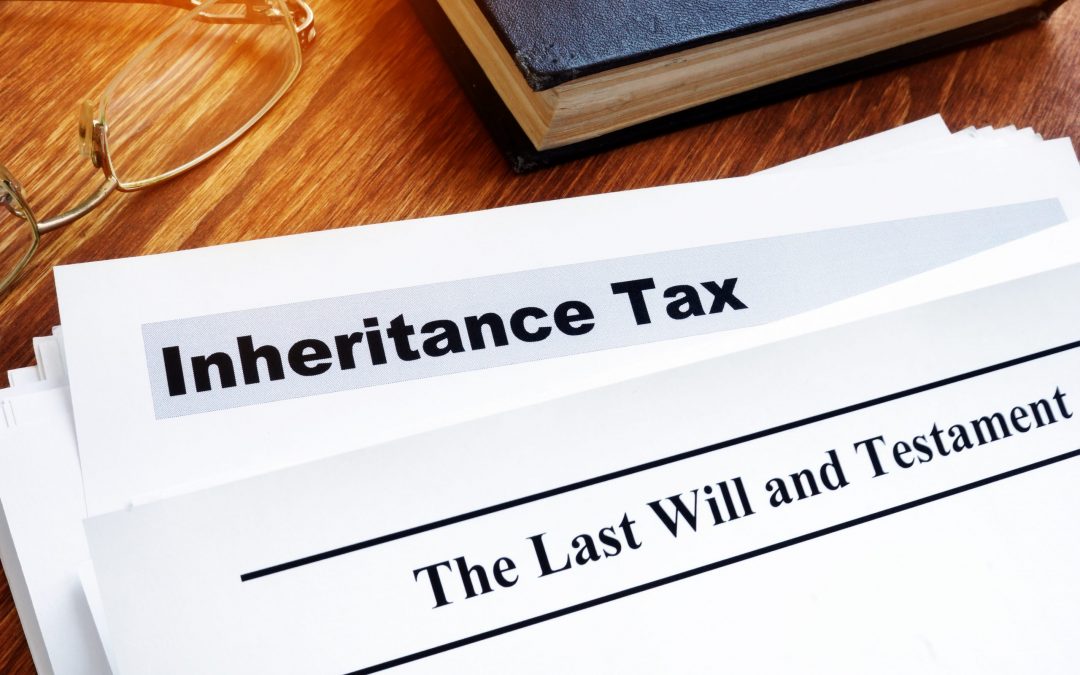
In the UK, Inheritance tax (IHT) is the tax paid on an estate when the owner of that estate dies.
If you are a UK passport holder or have assets in the UK, Inheritance tax (IHT) is the tax paid on an estate when the owner dies. Depending on specific criteria, the tax may also be payable on gifts or trusts made during that person’s life.
The executor typically pays IHT using funds from the deceased’s estate. Trustees with assets in a trust are usually responsible for the payment on IHT in that trust. Sometimes people may have to pay IHT on gifts received. However, the payee of IHT depends on several factors, and each circumstance may affect who should pay the IHT owed.
British ex-pats and non-residents are liable for UK IHT
Even if you are an ex-pat living outside of the UK, you will still be subject to IHT in the UK if you claim to be of UK domicile status.
If you are UK-domiciled and your estate has a value of over £325,000, your entire estate will be subject to IHT – 40% or 36% on the amount over the threshold. Since 2007, this threshold has increased to £650,000 for married couples and civil partners, providing the executors transfer the first spouse/partner’s unused IHT threshold to the second partner when they die.
It is essential to understand that being classed as a non-resident in the UK for tax purposes, as your domicile is unlikely to have changed, you will still be liable for UK IHT.
If you’ve got a non-domicile status in the UK, only UK-based assets will be liable to IHT in the UK. However, “living outside of the UK” is not a qualification for this status alone.
Understanding UK IHT as a non-UK ex-pat
Even if you have a “special structure” that holds UK assets, your estate would have to pay UK IHT at a value above GBP325,000 or GBP475,000 if you leave assets to your children. This is 40% above the threshold.
The rules changed in April 2017, and most people still buy UK assets without this knowledge! Any assets in the UK are liable for UK IHT.
Over GBP35,000,000,000 is invested in London properties from foreign investors. HMRC is looking forward to IHT coming in the future.
Mitigating UK IHT as an ex-pat
IHT is a tax on people who need to plan their estate tax more efficiently. With careful planning, it is possible to avoid a significant amount of IHT in the UK legally.
There are two primary methods for ex-pats to legitimately avoid UK IHT and ensure they can pass on as much of their estate to their heirs as possible.
Firstly, and most difficult is to change your country of domicile away from the UK (almost impossible unless specific steps take). Secondly, and this is where planning can help, you can protect your estate from IHT by moving them into tax-efficient financial structures.
Changing your country of domicile
While there is no single legal definition of your country of domicile, it will often be established according to three factors: where you were born, if you have assets in that location and where your father was born. When determining your country of domicile, the taxman will interpret the conditions and conclude whether you reside in the UK.
Due to IHT being such a significant revenue earner for the UK government (they collect over GBP5.4 billion a year), changing your domicile can be difficult and stressful – and even then, your efforts may need to be considered more.
Changing your domicile tax status requires much more than simply showing that you now live abroad. You also have to prove that you have no intention of returning to your original country of residence. You can attempt this in several ways, including:
- Relinquishing your UK passport
- Severing all links with social organisations and joining new organisations in your country of residence
- Purchase property in your country of residence and sell all your UK-based property
- Closing UK bank accounts
- + many more actions
- https://www.gov.uk/government/consultations/reforms-to-the-taxation-of-non-domiciles/reforms-to-the-taxation-of-non-domiciles – Details of the changes in taxation for those deemed non-domicile
However, as it is the preserve of the UK taxman when determining whether your country of domicile has changed, this is the less recommended of the two approaches. Of course, you may also be subject to IHT in your new country of domicile. Before beginning on this path, ensure you have spoken to an adviser to have all the facts and information.
Protecting your assets from IHT
Avoiding IHT can be very complex if you decide to proceed without advice or assistance. Therefore you should always seek advice from an independent financial adviser (me) who can discuss your options.
If you believe your estate is worth more than £325,000 (the cost of a car-parking space in Hong Kong) through several tax-efficient financial structures, you can avoid IHT and potentially increase the final value.
For example, setting up trusts for life assurance pay-outs, payment of gifts (one-off or regular), and transferring your pension pot can help you avoid IHT.
Helping ex-pats reduce or mitigate IHT is an essential service. If you are concerned about potential IHT or would like clarification on how to remove UK IHT legitimately, feel free to contact me.

